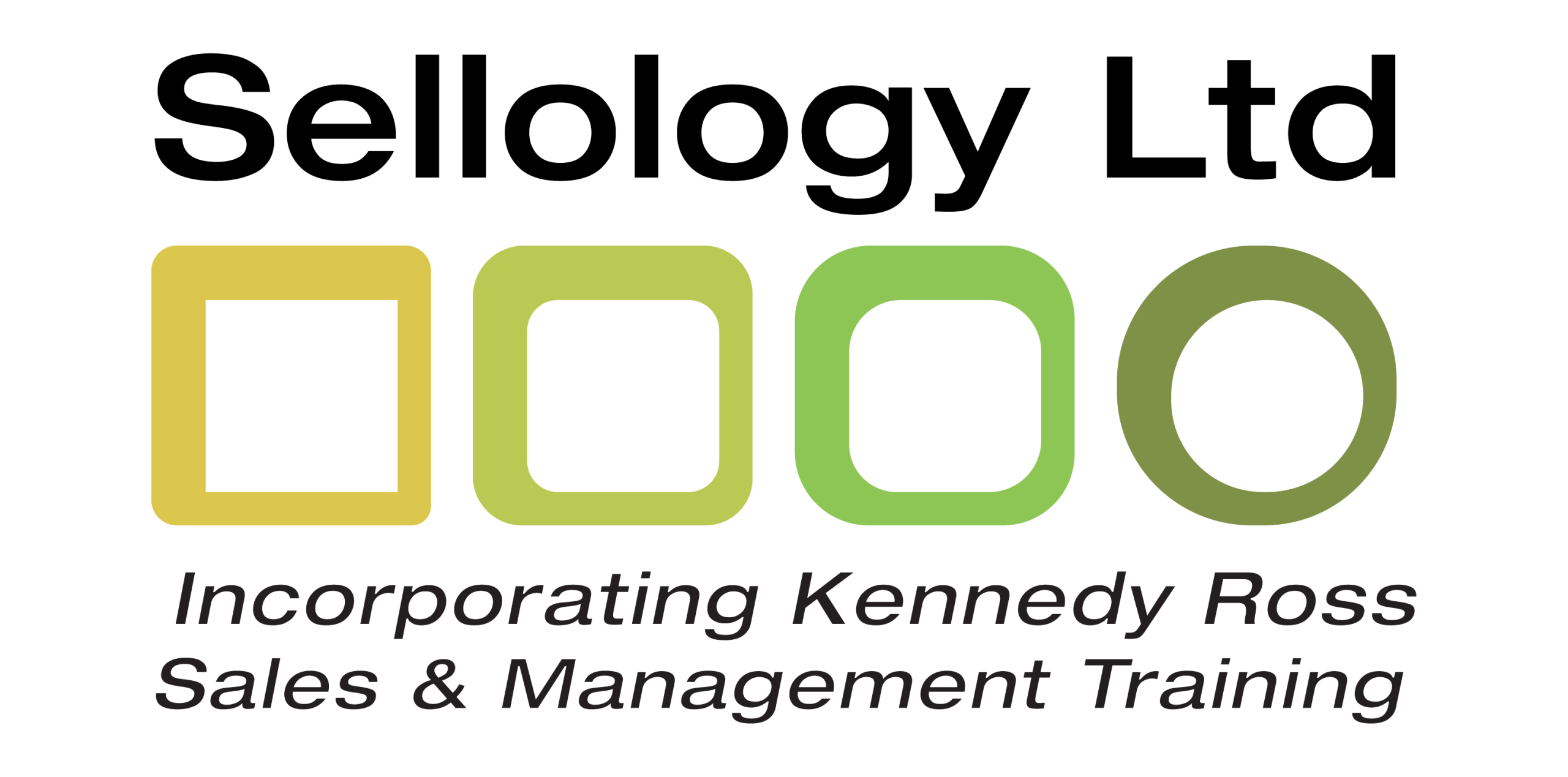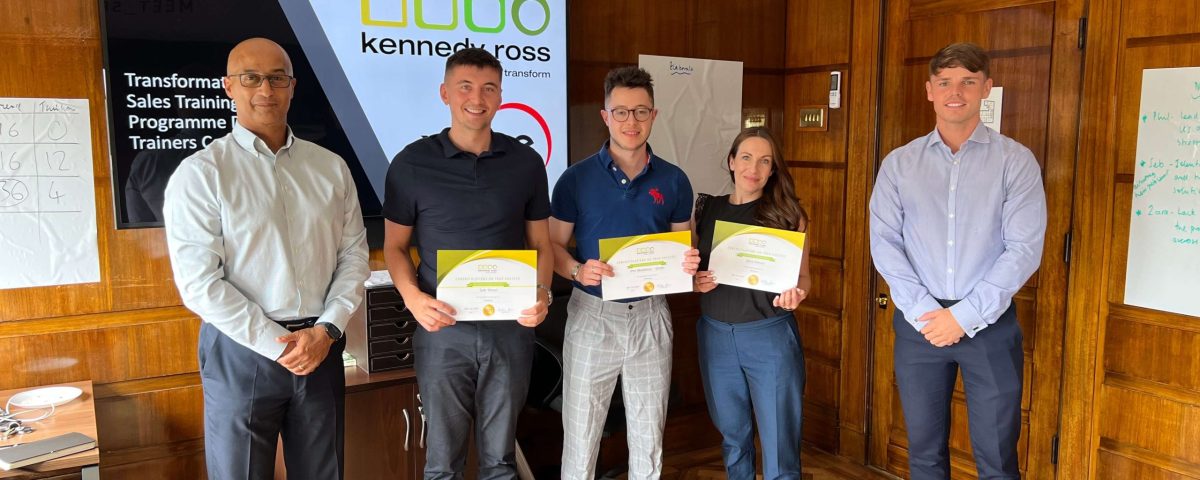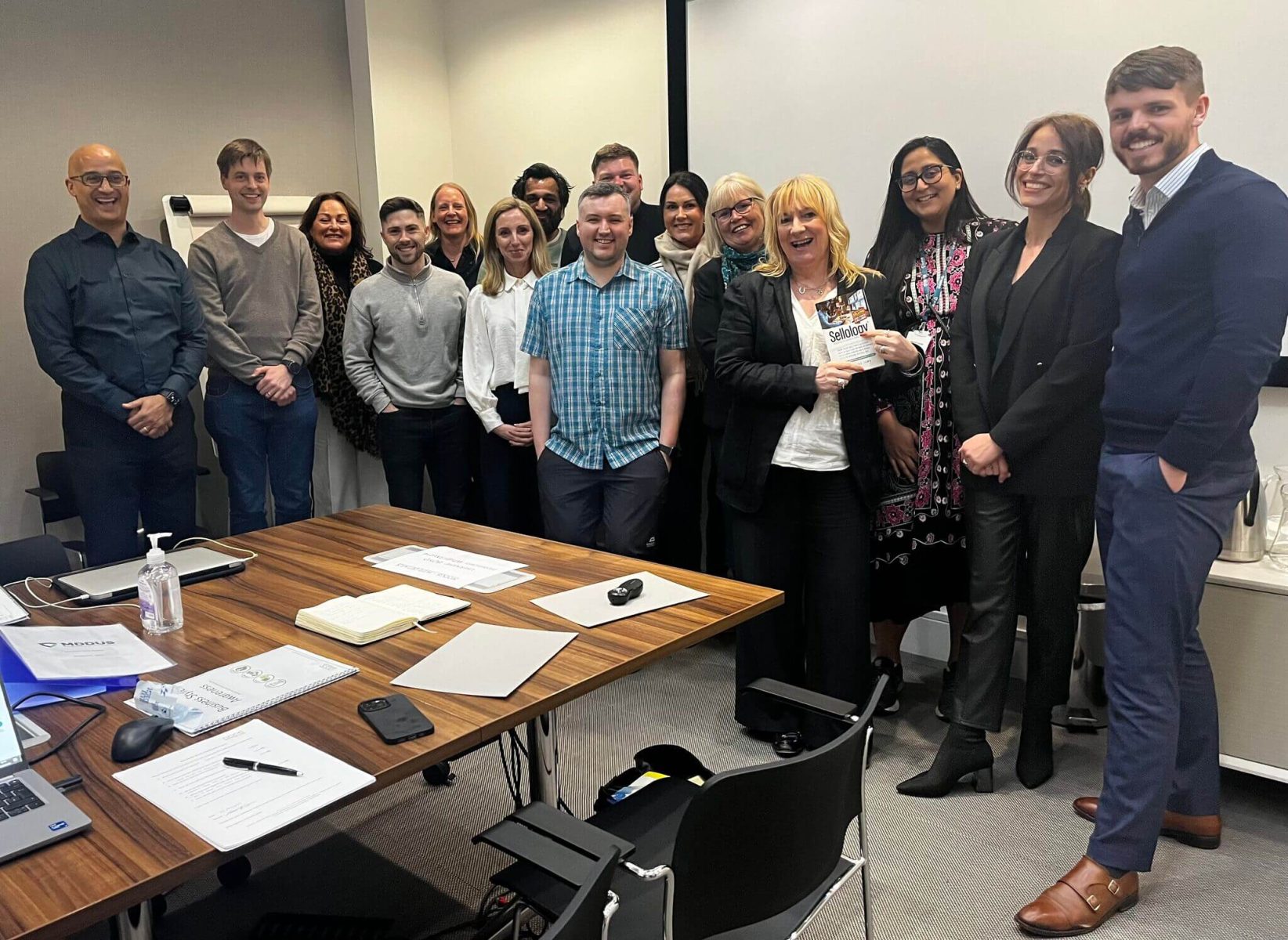
Is It Possible To Deliver A Guaranteed Appointment Making Service?
11th March 2023
Why emotional intelligence is the secret weapon top salespeople use to maximize performance
11th October 2024Everyone wants to stand out in business. Some try with flashy marketing, others with endless networking. But the real edge? It often comes from people — more specifically, how well they sell. That’s why best B2B sales training for professionals has become such a critical investment.
Done right, training doesn’t just give you tips. It changes how you think about selling. It builds confidence, strengthens client relationships, and — most importantly — sets you apart in a crowded market.
Why B2B Sales Training is a Game-Changer for Professionals
Selling to another business is not the same as selling to a consumer. The deals are bigger, the stakes are higher, and the decisions are rarely made by one person. You’re often dealing with committees, budgets, and long approval cycles.
That’s where structured training comes in. It helps professionals make the leap from chasing transactions to building trust. A good programme shows you how to adapt your style, how to negotiate without losing credibility, and how to handle the inevitable objections that come when multiple stakeholders are involved.
Confidence grows with practice. Training provides that practice — in a safe setting, before the real pressure hits. And once you’ve mastered those skills, they stay with you throughout your career.
The Evolution of B2B Sales Training
Let’s be honest. Old-school sales training was predictable. A trainer with a flipchart, a few generic exercises, and a long day of note-taking.
Things have changed. Today’s best programmes, including those run by Kennedy Ross, make the learning practical and flexible.
Now you’ll find digital tools, role simulations, video coaching, and live feedback built into the process. It mirrors the way sales itself has evolved — data-driven, tech-enabled, but still rooted in human relationships.
Types of B2B Sales Training Programs
Traditional Classroom-Based Training
Some people roll their eyes at classroom training. But done well, it still works. Being in a room with a skilled trainer and peers pushes you out of your comfort zone. You can try new approaches, get instant feedback, and even pick up tips just by listening to others.
At Kennedy Ross, humour is part of the process. No one learns when they’re stiff and formal. That mix of energy and honesty is why classroom sessions still deliver.
Benefits of In-Person Training – One to One
Then there’s one-to-one coaching. Think of it like having a personal trainer, but for your sales skills. The trainer watches what you do, points out small fixes, and helps you practise until it feels natural.
This kind of support speeds up learning dramatically. Mistakes are corrected in real time, and you walk away knowing exactly what to improve.
Virtual and Online Sales Training Solutions
Of course, not every team can meet in person. Virtual training fills that gap. With video modules, interactive sessions, and live online workshops, it creates a classroom feel without the travel.
The flexibility is the big win here. People can log in from anywhere, replay content, or catch up at their own pace. For busy professionals, that often makes the difference between completing training and abandoning it halfway.
Flexibility and Accessibility of Digital Platforms
The beauty of digital platforms is their adaptability. Someone who learns best by repetition can revisit modules. Others can jump ahead if they’re confident. Everyone moves at their own speed — and that means higher engagement overall.
Blended Learning Approaches: The Best of Both Worlds
But let’s face it, the real sweet spot is blended learning. A little face-to-face for the energy and accountability, combined with online modules for flexibility.
This approach balances structure with freedom. It ensures people get the personal interaction they need while still allowing them to fit learning around their schedules.
Top B2B Sales Training Providers
The market is crowded with training providers. Many promise big changes, few deliver.
What separates the best from the rest? A focus on practical application. Training that leaves you with a new perspective and tools you can actually use — not just a binder that gathers dust on your desk.
That’s why professionals often talk about training as a turning point in their careers. Not because of theory, but because they walked away able to do things differently the very next day.
What Sets Kennedy Ross Sales Training Apart
Plenty of providers say they tailor their programmes. The difference is in execution. Kennedy Ross doesn’t use cookie-cutter slides or tired scripts. Sessions are adapted live, based on the challenges participants bring to the table.
And the trainers? They’ve been in the field. They know what it feels like to lose a deal at the last minute, or to win one because of a small shift in approach. That authenticity is what sets the learning apart.
More importantly, everything is measured against results. If sales don’t improve, the training hasn’t worked. Simple as that.
Conclusion
The best B2B sales training does more than improve closing rates. It reshapes careers. It gives professionals the ability to walk into high-stakes meetings with confidence, handle objections without fear, and build client relationships that last.
For companies, it means stronger teams and sustainable growth. For individuals, it means credibility, career progression, and more wins on the board.
If you’re serious about making that leap, investing in best B2B sales training for professionals is one of the smartest moves you can make. The return isn’t just in numbers — it’s in your confidence, your reputation, and the opportunities that open up when you know you can deliver.




